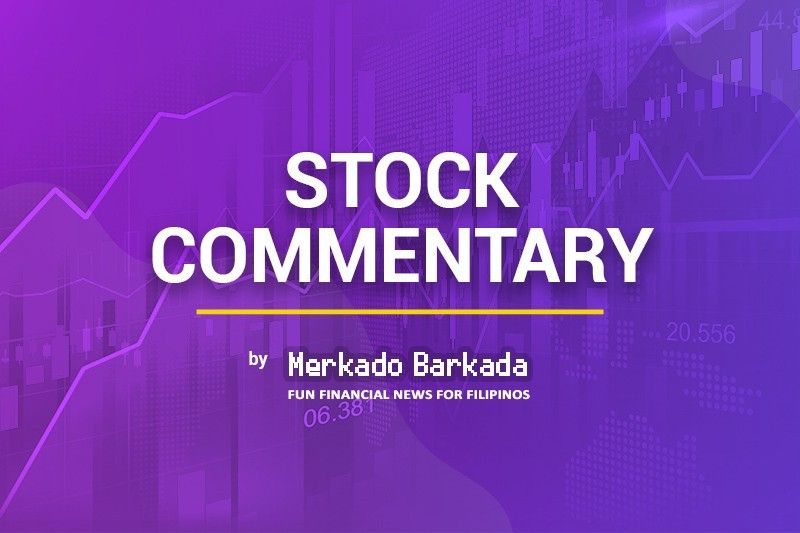VistaREIT IPO was merely “disappointing” after flash-crash open

VistaREIT [VREIT 1.75] [link] was looking very rough in the first 10 minutes of trading; the stock had just touched P1.59/share, down 9%, and it was doing this on reasonably heavy volume.
The message boards and forums were filling up with jokes and ‘I told you so” posts.
Just as it looked like this one was headed for the abyss, the price started to recover quite vigorously, climbing back up to P1.71/share over the next 10 minutes.
I don’t want to make it sound heroic or anything, since the stock opened at a loss and never once traded above its IPO offer price, but based on that first 10 minutes, it could have been a lot worse.
PSE President Monzon said that VREIT’s dividend yield “stands out as a giant”, with the 2022 yield estimated at 8.25%, and the 2023 yield estimated at 8.99%.
It should be noted that Mr. Monzon referred to those projected yields as “giant” before the stock flash crashed and carried an implied dividend yield of over 8.8%.
The stock closed at the IPO price of P1.75/share.
MB BOTTOM-LINE
The REIT sector has really pulled the PSE’s cart over the past year.
While recent market movements have blunted the sector’s performance, up until a couple of months ago, the REIT sector was very solid and almost all of its IPOs are sitting in healthy, positive territory.
I think that REITs are a fantastic investment tool for retail investors like us to gain access to the property sector, and they’re a very attractive way for real estate developers, power producers, and other mature industries to monetize mature businesses.
That said, REITs are not the ideal investment for everybody.
Despite being dressed in the clothing of a fixed-income product, they carry a considerable risk that needs to be appreciated.
At the most obvious level of risk is the fact that the REIT’s stock price can go down.
There’s no “proper” price for a REIT; the price is merely what someone is willing to pay for it at that moment.
Yes, the dividend attached to the stock does (theoretically) provide some backstop to how far the price can drop (since, as the price drops, the yield climbs, attracts buyers, which raises the price), but there’s nothing to say that a REIT can’t drop from, say P52.28/share to P37.00/share in a matter of 2.5 months.
That’s exactly what happened with the PSE’s gold-standard REIT, AREIT [AREIT 37.50 2.09%].
A less obvious risk is the dividend itself; there’s no guarantee that the dividend gets paid at a set amount. I do my best to project forward-looking dividend yields, but those are all just projections based on historical declarations.
This is not like a bond where there’s a contractual obligation; the REIT has a certain amount of discretion as to when to declare dividends and how much to declare.
Sure, they have to dividend out at least 90% of their distributable income per year, but the law doesn’t require the REIT to adhere to that “at least 90%” part for each quarterly dividend.
So the dividends can be “lumpy” and inconsistent.
Going even deeper, as the pandemic showed, the mature/stable income streams that form the basis of the REITs may become damaged by some macro event.
The pandemic, the government’s response, and the weird second-order effects of that original lockdown have all caused a lot of trouble for some REITs as POGO clients basically evaporated overnight.
If BPO workers weren’t considered “essential” or exempted from restrictions, the picture might have been a lot worse.
Ok, it’s possible to talk for hours about potential risks, but the point here is that REITs aren’t “automatic”.
Even those that loaded up on AREIT in the high 20s are looking at things now and asking some hard questions.
All eyes on VREIT today to see if yesterday’s last-minute lift by the stabilization team will hold or if it needs to do a few more reps.
--

Merkado Barkada's opinions are provided for informational purposes only, and should not be considered a recommendation to buy or sell any particular stock. These daily articles are not updated with new information, so each investor must do his or her own due diligence before trading, as the facts and figures in each particular article may have changed.
- Latest

























